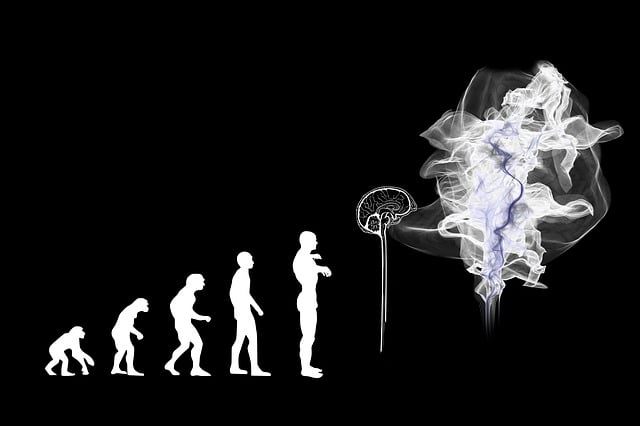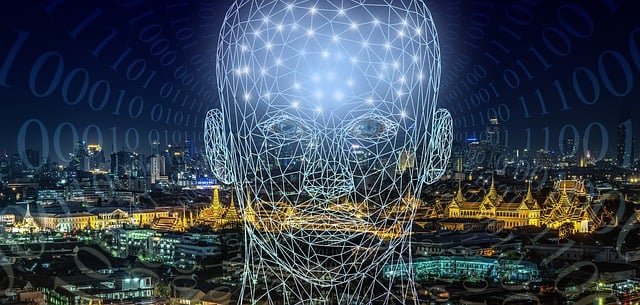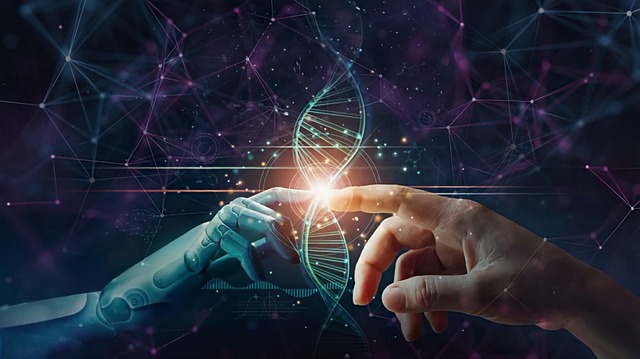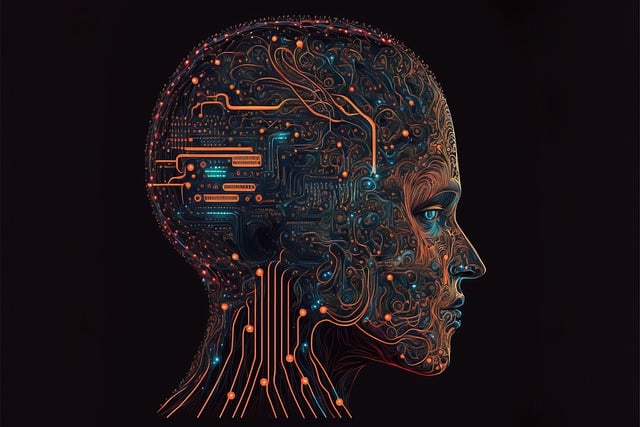Artificial Intelligence (AI) is revolutionizing education through personalized and efficient virtual support systems. AI-powered tools adapt to individual learning styles, offering tailored content and interactive lessons that boost engagement and productivity. These intelligent assistants analyze student performance data to identify struggles and suggest targeted interventions, fostering a deeper understanding of complex topics. By automating administrative tasks, AI enables educators to focus more on teaching and mentoring, ultimately enhancing educational outcomes.
In today’s digital era, Artificial Intelligence (AI) is unlocking new possibilities in education, revolutionizing learning experiences and fostering efficiency. From virtual support for students and educators to AI-driven interactive tools, technology is transforming the way we learn and teach. Experience a productivity boost with automated grading, intelligent scheduling, and assignment management, all while enjoying personalized content tailored to cater to diverse learning styles. Discover how AI enhances engagement through virtual tutors, chatbots, and gamified platforms, creating a dynamic educational environment that leverages efficiency and interactivity for optimal learning outcomes.
- The Rise of AI in Education: Unlocking New Possibilities
- – Exploring the potential of Artificial Intelligence (AI) in revolutionizing learning experiences.
- – How AI can create a dynamic and personalized educational environment.
The Rise of AI in Education: Unlocking New Possibilities

The integration of Artificial Intelligence (AI) in education marks a significant shift, unlocking unprecedented possibilities for enhancing learning experiences. AI-powered tools and virtual assistants are transforming traditional teaching methods, offering personalized support to cater to diverse student needs. These intelligent systems can adapt to individual learning styles, providing tailored content and feedback, thereby boosting productivity and efficiency.
With their interactive nature, these virtual supports encourage active engagement, making learning more accessible and enjoyable. Students can access a wealth of knowledge instantly, allowing for in-depth exploration of subjects. Moreover, AI algorithms can analyze student performance, identifying areas where extra help is needed, ensuring no one falls behind. This technology promises to revolutionize education, fostering an environment that nurtures curiosity and supports students’ academic journeys.
– Exploring the potential of Artificial Intelligence (AI) in revolutionizing learning experiences.

Artificial Intelligence (AI) has the potential to revolutionize learning experiences and transform education as we know it. By leveraging AI, educational platforms can offer personalized learning paths that adapt to individual student needs, enhancing engagement and efficiency. Virtual support systems powered by AI can provide 24/7 assistance, answering queries and offering explanations in real-time, thereby boosting productivity and interactivity in the learning process.
These smart assistants can analyze vast amounts of data to identify areas where students may be struggling and suggest targeted interventions. The interactive nature of AI-driven tools encourages active participation from learners, fostering a deeper understanding of complex concepts. Moreover, AI can automate administrative tasks, freeing up educators to focus more on teaching and mentoring, ultimately improving the overall learning experience and educational outcomes.
– How AI can create a dynamic and personalized educational environment.

Artificial intelligence (AI) has the potential to revolutionize education by creating dynamic and personalized learning environments. AI-powered smart assistants can adapt to each student’s unique needs, providing tailored support and enhancing productivity. These virtual supports can offer interactive lessons, answer queries promptly, and provide efficient feedback, ensuring that students receive a level of instruction that aligns with their individual learning styles and pace.
By leveraging machine learning algorithms, these AI assistants can continuously analyze student performance data to identify areas where they struggle or excel. This allows for more targeted and effective teaching strategies, fostering a deeper understanding of the material. Moreover, AI can facilitate engaging interactive experiences, such as simulations and gamified activities, making learning more enjoyable and efficient.






